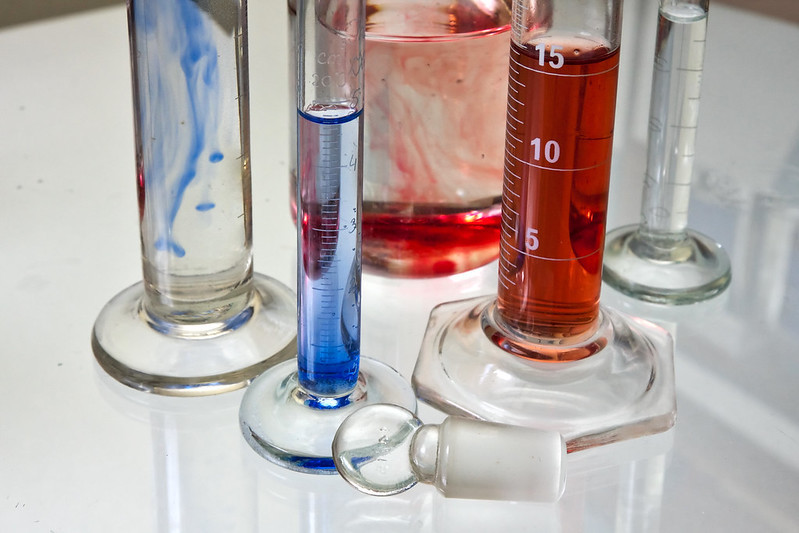Lab experiments are a fundamental part of the AP Chemistry curriculum, offering students the opportunity to apply theoretical knowledge to real-world scenarios. However, the lab component of AP Chemistry is often a source of anxiety for students, who may feel uncertain about the procedures, equipment, or safety protocols. In this blog post, we’ll break down what you need to know about AP Chemistry lab experiments, from preparation to execution, and how Key2CHEM can support you every step of the way.
The Importance of Lab Work in AP Chemistry
Lab experiments are not just an add-on to the AP Chemistry course; they’re integral to understanding and mastering the subject. Here’s why:
- Hands-On Learning: Lab experiments provide hands-on experience with chemical reactions, helping students connect abstract concepts to tangible outcomes.
- Critical Thinking: Labs require students to apply critical thinking skills to design experiments, make observations, and analyze data.
- AP Exam Preparation: The AP Chemistry exam includes questions related to lab work, making it essential for students to be familiar with common experiments, procedures, and data analysis techniques.
- College Readiness: Lab skills are crucial for success in college-level chemistry courses, and the experience gained in AP Chemistry labs helps prepare students for future academic challenges.
Key Elements of AP Chemistry Lab Experiments
To succeed in AP Chemistry labs, students should be familiar with the following key elements:
- Safety Protocols: Safety is paramount in any chemistry lab. Students must understand and follow all safety guidelines, including proper handling of chemicals, use of personal protective equipment (PPE), and awareness of emergency procedures.
- Lab Equipment: Familiarity with common lab equipment, such as beakers, flasks, pipettes, and Bunsen burners, is essential. Knowing how to use these tools correctly will save time and reduce the risk of accidents.
- Procedure Understanding: Before starting an experiment, students should thoroughly understand the procedure, including the steps involved, the purpose of each step, and any potential hazards.
- Data Collection and Analysis: Accurate data collection is crucial for successful lab experiments. Students should know how to record observations, measurements, and results systematically. Analyzing data, calculating results, and interpreting findings are equally important.
- Lab Reports: Writing lab reports is a key component of AP Chemistry labs. A well-structured lab report should include an introduction, methods, results, discussion, and conclusion. It’s important to clearly present data, analyze results, and relate findings to theoretical concepts.
Common Challenges in AP Chemistry Labs
While lab work is rewarding, it also presents challenges. Here are some common difficulties students face:
- Time Management: Lab experiments often need to be completed within a limited time frame, requiring efficient work habits and good time management skills.
- Complex Procedures: Some experiments involve multiple steps or intricate procedures, which can be overwhelming without proper preparation and understanding.
- Unexpected Results: Not all experiments go as planned. Unexpected results can be confusing, but they’re also a valuable learning opportunity to explore why something went wrong.
- Data Interpretation: Analyzing and interpreting data can be challenging, especially when results don’t match predictions. Critical thinking and problem-solving skills are essential to make sense of the data.
Conclusion
AP Chemistry lab experiments are a critical component of the course, offering students the opportunity to apply theoretical knowledge in a practical setting. While lab work can be challenging, understanding the key elements of experiments, preparing thoroughly, and utilizing resources like Key2CHEM can significantly enhance the learning experience. By providing interactive simulations, detailed guides, and instant feedback, Key2CHEM supports students in developing the lab skills necessary for success in AP Chemistry and beyond.

